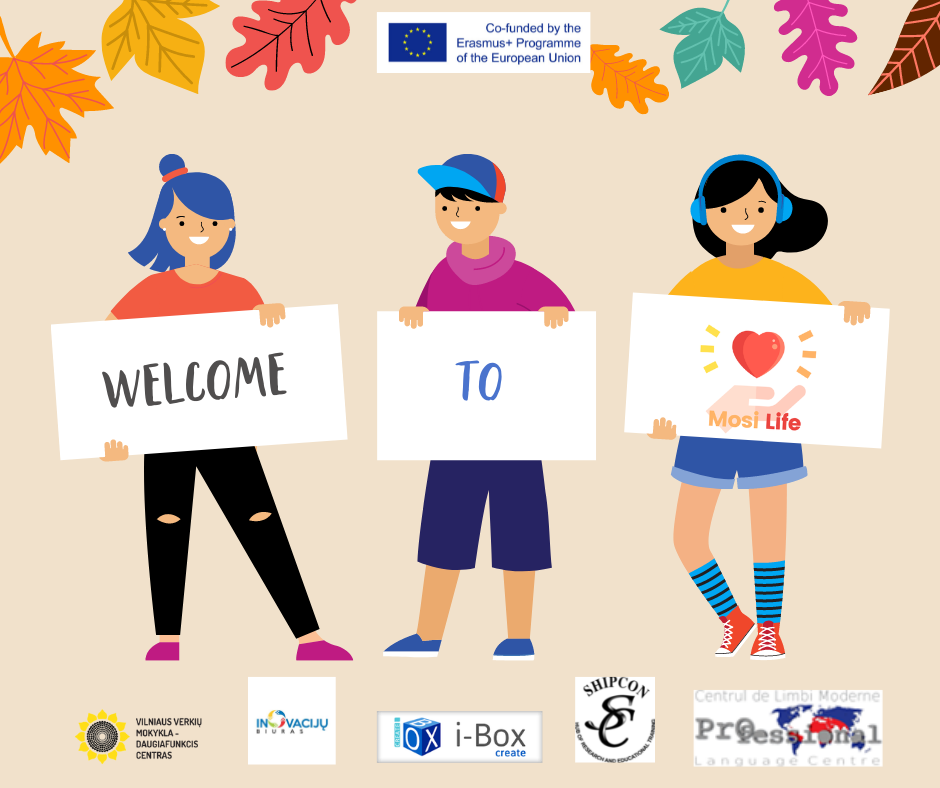In Spain, special education centers have a great educational background and therefore their degree of specialization is excellent and probably much higher than that of any country on our continent. Even so, there are significant differences between the different educational levels. The different 8 laws since the beginning of the Spanish Democracy have tried to promote this education with more theory than practical solutions.
In Spain, the process of transformation towards an inclusive model in education has been a basic factor for social development itself. Where the student is not the one who adapts to the school demands, but where the school is a meeting and learning place. However, it is still not understood that SEN are not only children with disabilities but also those who require support.
Almosta quarter of the school population in Spain, just under 2 million students,has special educational needs. Usually, we tend to identify these cases with those of students who suffer from some type of disability, something that is only partially true because, in addition, they are represented by others who experience various peculiarities such as Neurodiversity (attention deficit, dyslexia), Behavior disorders or High abilities .
This has caused the existence of inadequate plans based on disability and deficit, inadequate support for the real needs of the student, poor distribution of means and economic resources, and therefore a translation of the decision of special education to inclusive education.
Not only the space (the classroom) must be considered, but also the staff that will support the student and provide the necessary tools or create collaborative strategies with specialized SEN staff to achieve real inclusion. The center of Education must be the student and her needs must be considered, which can be difficult for a single teacher in a room with different diversities.
The immediate future to successfully implement the LOMLOE law (2020) implies carrying out solid training processes of the educational community in the philosophy of educational inclusion. Strengthen the figure of educational leaders who, like the blackbirds, can reach the entire educational community with their inclusive approaches.
Likewise, establish evaluation mechanisms that allow the professional competence of the teaching staff to be verified. There is a need to achieve a higher level of autonomy and flexibility in schools that allows them to establish the principle of educational inclusion as a fundamental axis of their proposal, which would imply making important organizational and methodological changes.
MOSI LIFE: Modeling Situations for Life aims to contribute a grain of sand in this broad field and seeks to encourage young people with SEN (fewer opportunities) to overcome difficulties in handling situations of daily life, and therefore improve their chances of social inclusion. Innovative, attractive and target group-oriented methods will be used for this. We are currently working on the Methodology and the development of Life scenarios.


